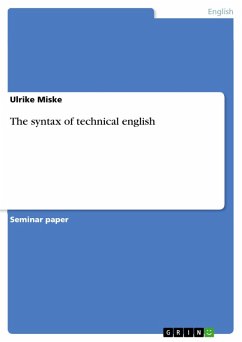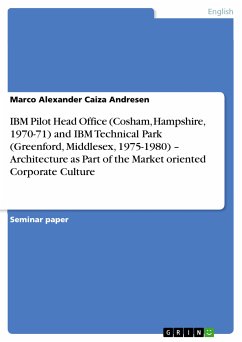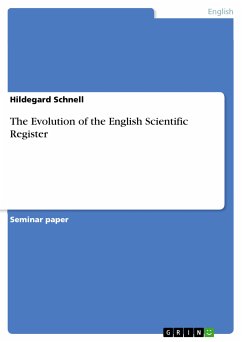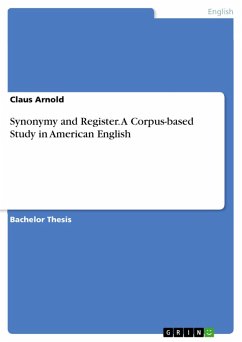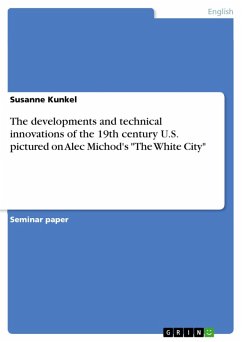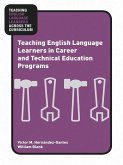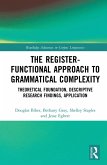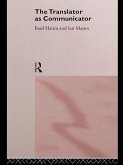Seminar paper from the year 2007 in the subject English Language and Literature Studies - Linguistics, grade: 1,0, University of Paderborn (Fakultät f. Kulturwissenschaften: Anglistik ), course: Register and ESP, language: English, abstract: English has not only become one of the most important languages for communication but has also gained ground in science. Yet, when referring to technical English, we do not mean a completely new language but one that is based on the general grammatical and syntactical rules of the English language. Technical English is merely English for a special purpose. It serves to meet the need of communicating ideas, concepts, results in a very efficient way which is not limited to native speakers of English but easily understandable by all working in this field. Godrey/Parr offer a good definition: "The term 'technical literature' covers a wide variety of publications, all of which have as their object the conveying of information from one person to another. This information, to be of greatest use, must be conveyed as efficiently and as clearly as possible and herein lies the whole art of technical writing." Trying to convey information in an efficient and clear way, the question arises as to whether technical English shows certain characteristics to meet its purpose. In this paper I will focus on the features of technical syntax and want to answer the question of how technical English achieves its purpose of being clear and efficient. I restricted my investigations to syntactical features concerning nouns and verbs. Using a variety of examples and texts I will furthermore prove how technical English tends to shortness, preciseness as well as comprehension by omitting any creative, literary paraphrasing.
Dieser Download kann aus rechtlichen Gründen nur mit Rechnungsadresse in A, B, BG, CY, CZ, D, DK, EW, E, FIN, F, GR, HR, H, IRL, I, LT, L, LR, M, NL, PL, P, R, S, SLO, SK ausgeliefert werden.

